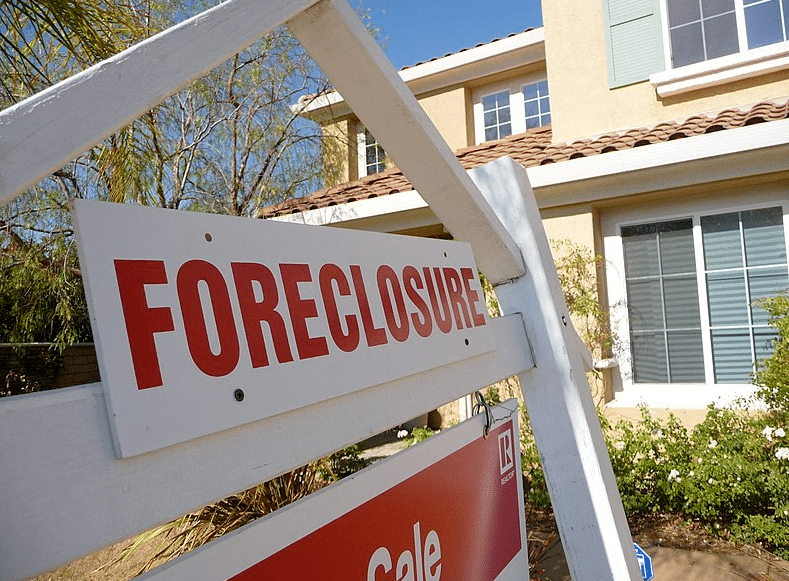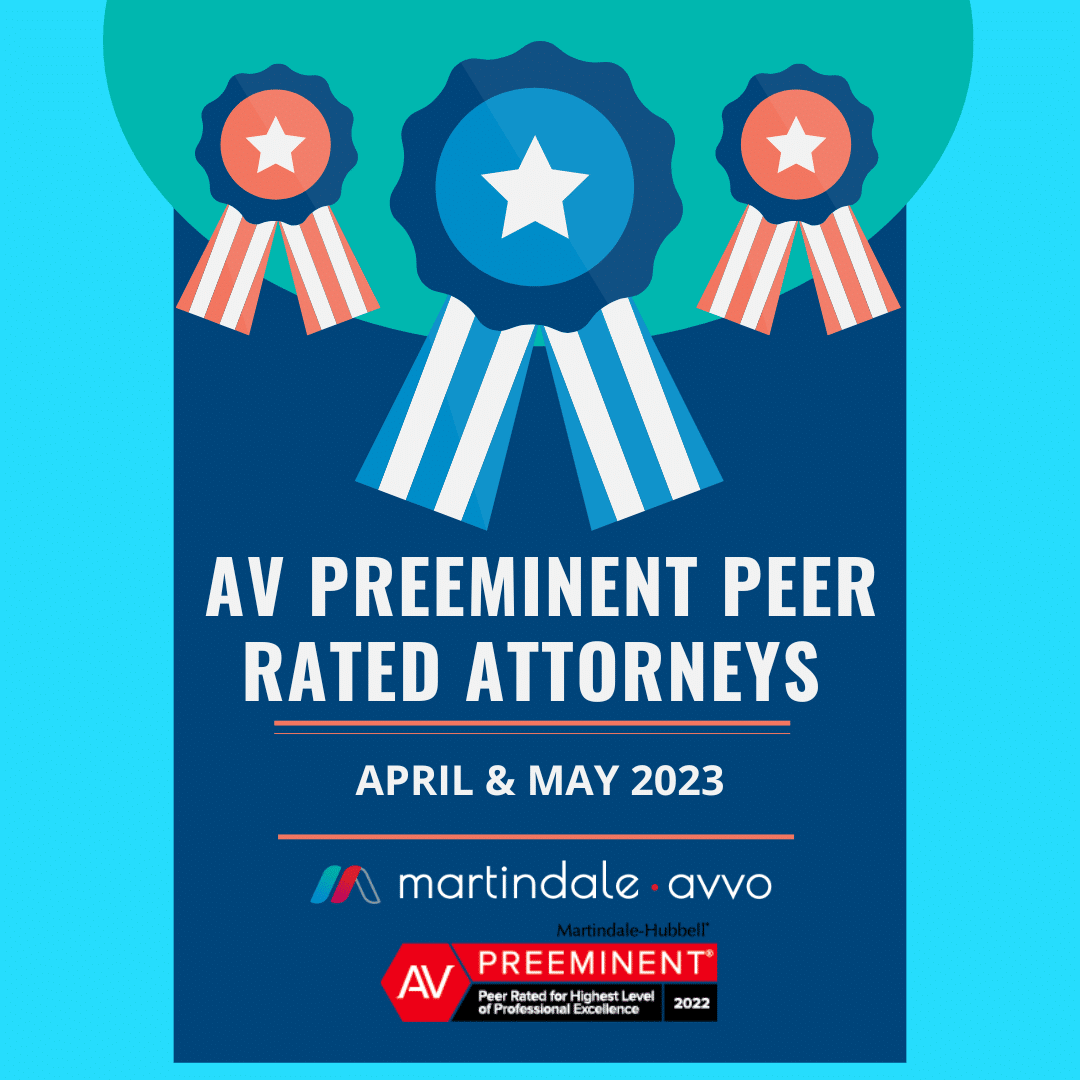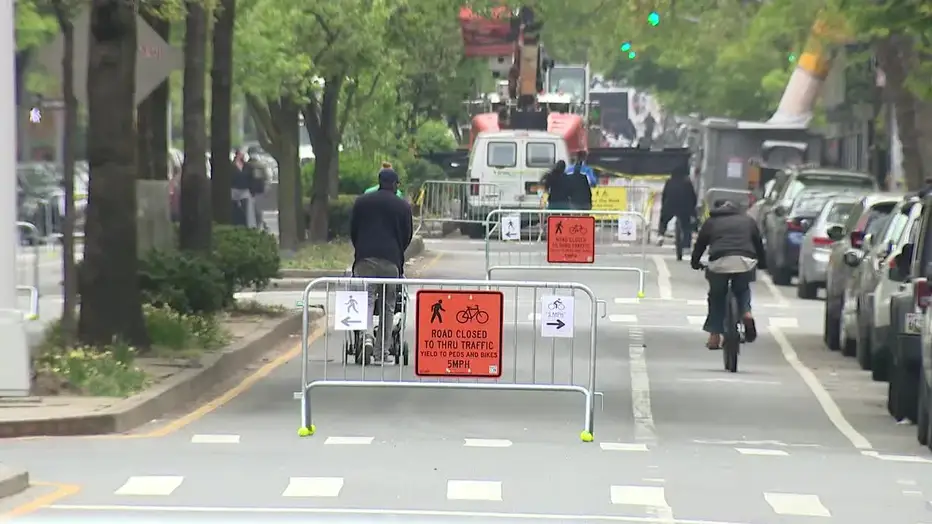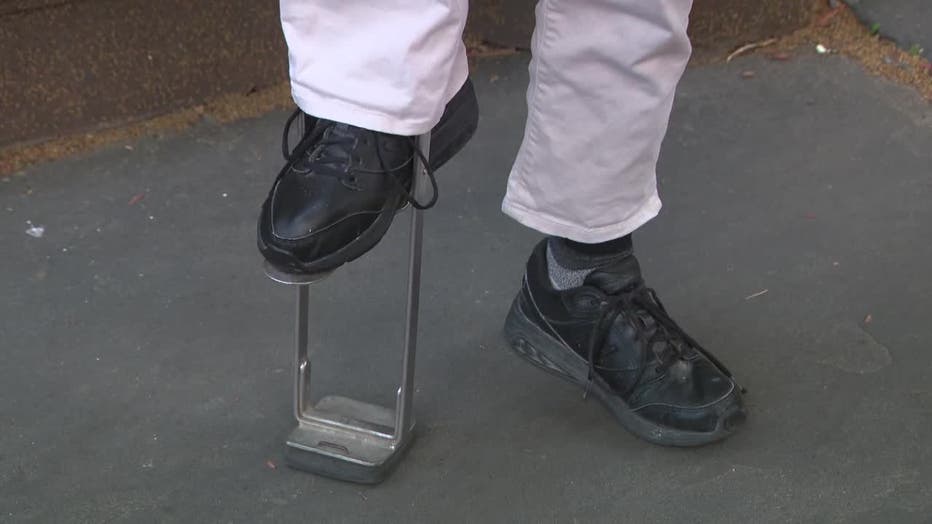By Brendan Klein
Crucial protections for New York workers’ economic freedom are just over the horizon. On June 20th,2023, the State Legislature passed a bill that, if enacted, will ban the use of almost all post-employment non-competition (“non-compete”) agreements in New York. The bill now awaits the decision of Governor Kathy Hochul, who has already expressed her support for similar legislation. If the Governor signs the bill into law, it will become effective 30 days later and would amend New York Labor Law to make any non-compete agreement signed or modified after the bill’s effective date unlawful.
Specifically, the bill prohibits an employer or its agents from seeking, requiring, demanding, or accepting a non-compete from any covered individual and voids “every contract by which anyone is restrained from engaging in a lawful profession, trade, or business of any kind” created or modified after the law goes into effect.
The bill defines a non-compete as any agreement or clause between an employer and a covered individual that prohibits or restricts such covered individual from obtaining employment after the conclusion of employment with the employer included as a party to the agreement. Covered individuals include employees, independent contractors, and any other person who performs services for another person to whom the individual is “economically dependent” or “obligated to perform duties for”.
The law would only apply to agreements entered into or modified on or after its effective date. It would not affect the following:
- Agreements with a covered individual that demand an employee to not work for a fixed period of time term, typically after the employee resigns or is terminated. Employees will often be paid as an employee during that time period (allowing certain types of “garden leave” agreements)
- Agreements that prohibit the disclosure of trade secrets or confidential and proprietary client information (“non-disclosure agreements”)
- Agreements that prohibit the solicitation of clients of the employer that the covered individual learned about during employment (“client non-solicitation agreements”)
The law would provide covered individuals with the right to bring a civil action against an employer or person alleged to have violated the law. A covered individual may bring such an action within two years of 1) when the prohibited non-compete was signed; 2) when the covered individual learned of the non-compete agreement; 3) when the employment or contractual relationship is terminated; or 4) when the employer takes any step to enforce the non-compete agreement, whichever date occurs latest.
As a remedy, a court may void the non-compete agreement and provide “all other appropriate relief” including enjoining the employer’s conduct, ordering payment of liquidated damages, or awarding lost compensation, other damages, and attorney’s fees and costs. The statute sets a $10,000 limit on liquidated damages but permits the court to award such damages to every covered individual affected by the prohibited non-compete agreement.
This law would clearly fortify workers’ right to seek advantageous economic opportunities without undue restraint. Still, the language of the potential statute raises a few questions. First, although the bill explicitly permits the continued use of client non-solicitation agreements, it is unclear whether employee non-solicitation agreements (that is, agreements restricting a covered individual’s ability to hire former colleagues) are permitted. Second, the statute as written appears to prohibit the use of non-compete agreements as part of the sale of a business. However, a business owner may fail to meet the statute’s definition of a “covered individual”, which would place non-compete agreements in this context outside the scope of the law. Hopefully, the New York Department of Labor will provide clarity on these matters if the bill is passed.
Until the law passes, non-compete agreements in New York remain subject to a rule of reasonableness. Reasonableness dictates that an employer only use a non-compete to protect her legitimate business interests and must not impose an “undue hardship” on her employees. Lawful non-competes must also specify a reasonable time period and geographic scope for their application. If you believe you have been subjected to an unreasonable or unlawful non-competition agreement, please consult with a New York-registered employment law attorney.
The case of Jimmy John’s, a national sandwich franchise, helps illustrate what an unreasonable non-compete agreement under the current law looks like. Non-confidential Jimmy John’s employees including delivery drivers, sandwich makers, and cashiers were asked to sign non-competes that prohibited them from working within two miles of any Jimmy John’s location for any employer that made more than ten percent of its revenue from sandwiches for a period of two years after the end of their employment. In 2014, in response to a lawsuit brought by the attorney general of New York, the company agreed to stop providing the agreements to New York employees and advised its franchisees to void any such signed non-compete agreements. Unfortunately, it is not uncommon for companies to use the threat of non-competition agreements to deter employees from seeking employment opportunities with competitors or to coerce them to continue working in an undesirable position.
If New York passes the non-compete bill, it will join the handful of states who have stepped up to protect their workers from unreasonable and coercive non-compete agreements. At present only four states – California, North Dakota, Oklahoma, and most recently Minnesota, have prohibited non-competes. However, since Oregon set a $62,000 salary threshold for non-compete agreements in 2007, more than ten states including Colorado, Illinois, and Maine have implemented significant restrictions on the use of non-compete agreements by setting minimum wage thresholds, advance notification requirements, and demanding that employers provide compensation for employees who consent to their non-compete agreements.As New York prepares to join them, workers, employers, and attorneys would do well to keep an eye out for new developments.









